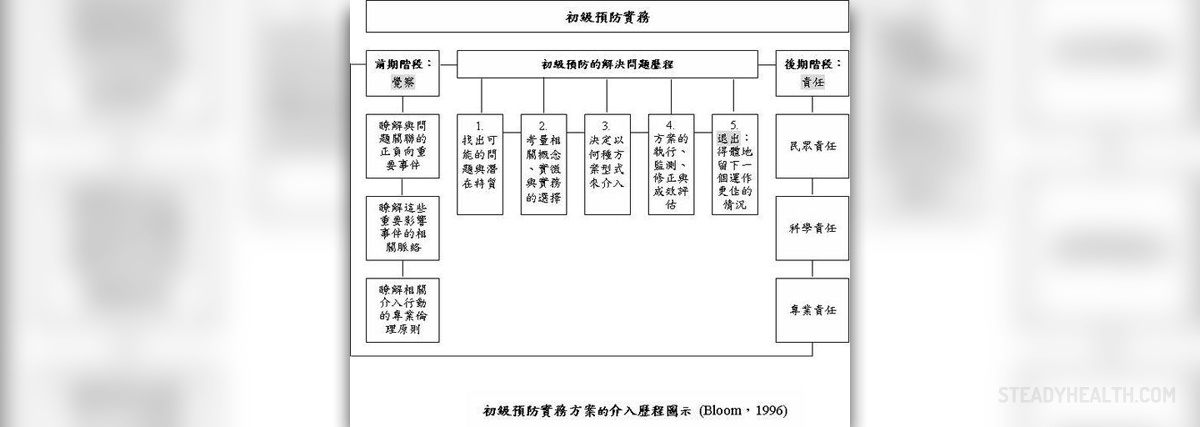
Oral diseases are closely connected to the lack of proper dental hygiene. Usually, people who do not take care of these factors risk having numerous harmful microorganisms infesting their oral area, triggering various oral diseases. However, with proper hygiene maintenance all these ailments can be successfully prevented.
Pay Attention to Your Dental Health
Usually, bacteria pile up on the surface of our teeth when we do not remove them. Thus, proper and regular toothbrushing is a must. Moreover, you can include your gums into the cleansing process, since these areas may get affected by infections too.
As for techniques you need to use, there are no universal ones since every mouth of every human individual is unique. So, you may either consult with your doctor or dentist or choose the adequate technique based on your teeth and gums.
Most dentists will agree that circular movements are the best possible way of brushing your teeth. Through this process, you encompass a greater number of teeth at once, covering the entire mouth area more easily.
When you opt for solely back and forth movements during brushing you risk suffering from a receded gum surface, exposed root surface or destruction of the gum line.
How To Brush Your Teeth Properly
Firstly, during brushing, make sure you position the toothbrush at an angle of about 45 degrees. Then, making circular and elliptical motions, focus on including several teeth into the brushing process, all at once. Gradually, advance to the entire mouth. During brushing, make sure you cover the outer parts as well as inner teeth parts, including the chewing surfaces and the areas between the teeth.
Do not forget to brush your tongue gently, removing unpleasant mouth odor and the bacteria causing it.
Finally, repeat this whole process at least two times a day, in the morning and before bedtime, or after meals and snacks.
The toothbrushes you use should be small, with a firm grip surface, using soft nylon for the bristles, being rounded at the end. Do not use medium or hard brushes since these can damage the enamel of your teeth.
Life-Long Dental Care
Since some children need more dental care than others, consult with your doctor or dentist before taking any of the following steps. However, from birth to 6 months of age, you should clean the infant's mouth with gauze or use fluoride supplements. From 6 to 12 months of age, when the first teeth appear, have these analyzed by your dentist, and brush them after feeding and before bedtime gently, weaning the child from his/her bottle before the first birthday. During the second year of a child's life, visit the dentist frequently. Be careful about the snacks you give to your baby and consult with your dentist often, making sure that everything is in order.


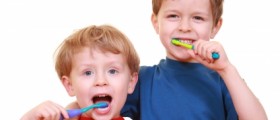

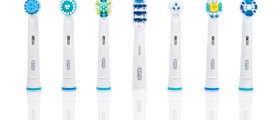
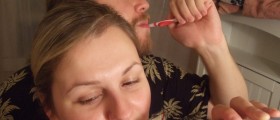
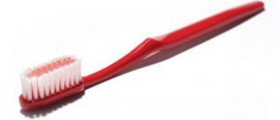


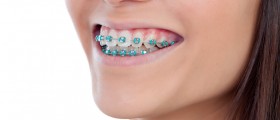

,-Don't-Ignore-Receding-Gums_f_280x120.jpg)


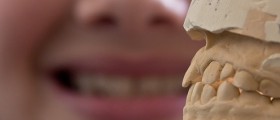
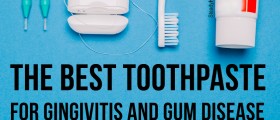
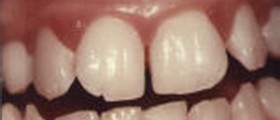
Your thoughts on this
Loading...